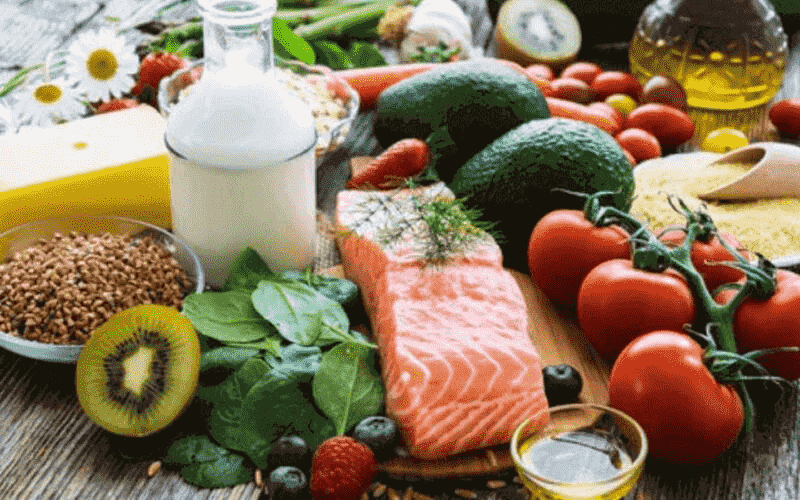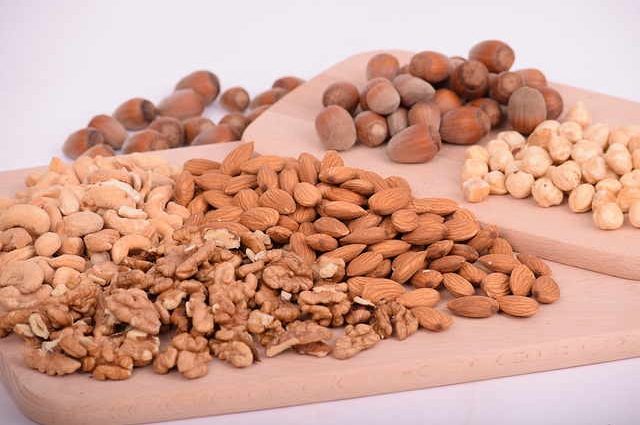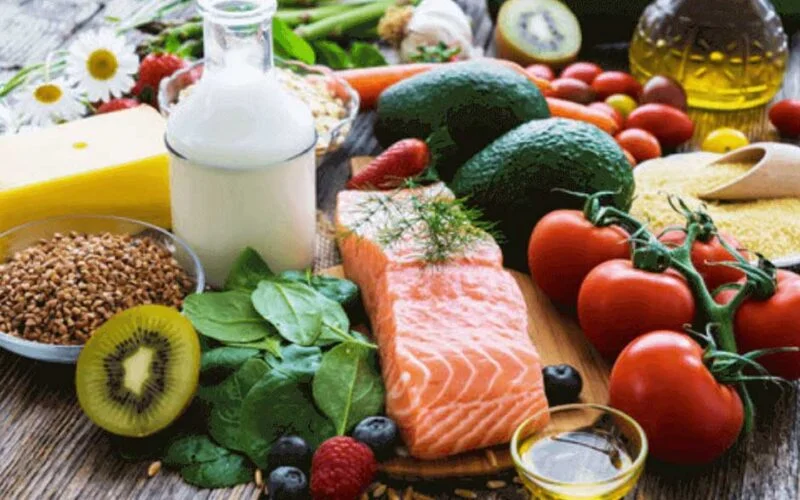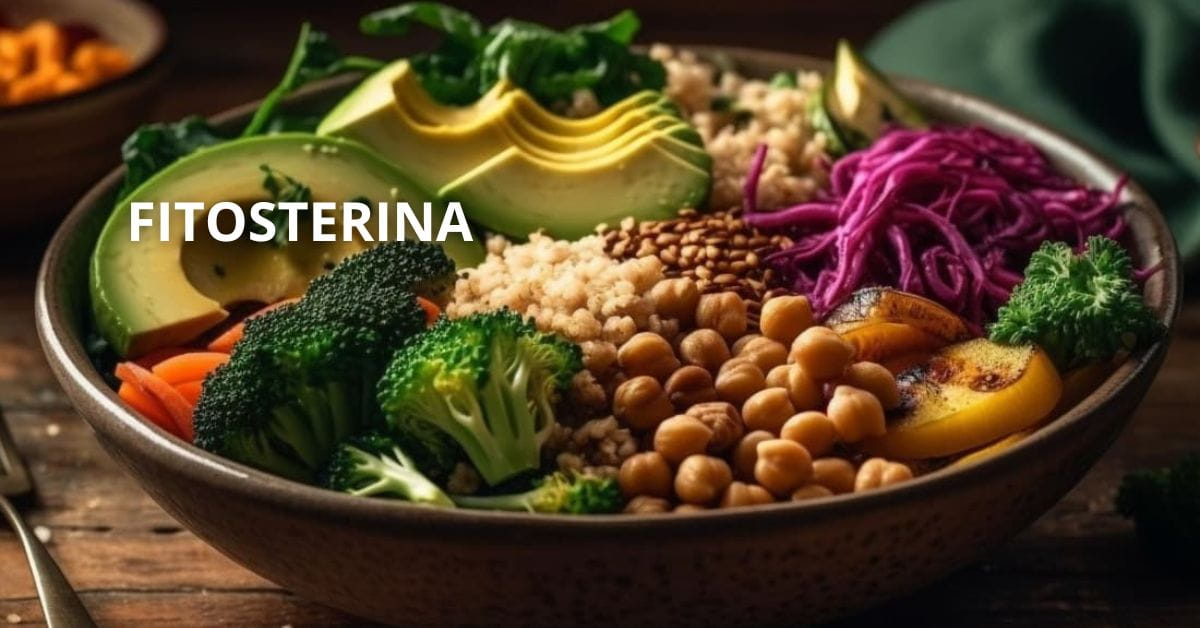Fitosterina made a big difference for my heart health. These natural plant compounds, found in foods like nuts and seeds, helped me lower my cholesterol. Find out how fitosterina can help your heart too.
Fitosterina, also known as phytosterols, are natural compounds found in plants like nuts, seeds, and vegetable oils. They help lower LDL cholesterol levels by blocking cholesterol absorption in the gut, promoting heart health through dietary intake.
Today, we’re exploring “Fitosterina,” or phytosterols. These natural compounds found in plants are great for your heart. They help control cholesterol levels by competing with cholesterol in your body.
How Do Fitosterina Differ From Cholesterol In Their Effects On Health?
Sure! Fitosterina, also known as phytosterols, are natural substances found in plants that are similar to cholesterol in their structure.
However, they have a different impact on our health. Unlike cholesterol, which can sometimes build up in our arteries and cause heart problems, fitosterina actually help to lower the amount of bad cholesterol (LDL) in our bodies.
They do this by blocking the absorption of cholesterol from the food we eat, so less cholesterol enters our bloodstream.
This means that fitosterina can play a positive role in keeping our heart healthy by maintaining a good balance of cholesterol in our bodies.
How Do Fitosterina Contribute To Cardiovascular Health?
Fitosterina, or phytosterols, help keep our hearts healthy by managing cholesterol levels in our bodies. They work by blocking the absorption of bad cholesterol (LDL) in our intestines.
This means less bad cholesterol gets into our bloodstream, which lowers the risk of heart disease. Including foods like vegetable oils, nuts, seeds, and whole grains in our diet gives us a good amount of fitosterina.

These foods are natural sources that can help us maintain healthy cholesterol levels and support our heart health.
Choosing products like margarines and dairy alternatives that are fortified with phytosterols can also be an easy way to increase our intake and keep our hearts strong.
Read: Pöversätt – Connect Globally Through Language Translation!
What Role Do Fitosterina Play In The Plant Kingdom?
In the plant kingdom, fitosterina, also known as phytosterols, play a crucial role in the structural integrity and defense mechanisms of plants.
These natural compounds are found in the cell membranes of plants, where they help maintain membrane stability and regulate membrane fluidity.
This is essential for plants to withstand various environmental stresses such as changes in temperature and exposure to pathogens.
Additionally, fitosterina serve as chemical defenses for plants. When a plant is attacked by pathogens or pests, these compounds can act as barriers, protecting the plant from damage and helping it to recover. Fitosterina also play a role in signaling within the plant, influencing growth and development processes.
What Are The Primary Food Sources Of Fitosterina?
Here are some foods that are rich in phytosterols ¹ ²:
Vegetable Oils:
- Rice bran oil: 162 mg of phytosterols per tablespoon
- Sesame oil: 118 mg of phytosterols per tablespoon
- Canola oil: 113 mg of phytosterols per tablespoon
- Wheat germ oil: 75 mg of phytosterols per tablespoon
Seeds and Nuts:
- Sunflower seeds: 534 mg
- Pistachio nuts: 214 mg
- Cashews: 216 mg
Beans:
- Soybeans: 161 mg
- Kidney beans: 137 mg
- Fava beans: 124 mg
Spices:
- Sage: 244 mg
- Paprika: 175 mg
- Thyme: 163 mg
How Much Fitosterina Should One Consume Daily For Cholesterol Management?
To manage cholesterol, it’s recommended to consume about 2 grams of fitosterina (phytosterols) per day. Fitosterina are natural compounds found in plants like vegetable oils, nuts, seeds, and whole grains.
They help lower LDL (bad) cholesterol levels by blocking the absorption of cholesterol in the digestive system. This means less cholesterol enters your bloodstream, reducing the risk of heart disease.
Including foods rich in fitosterina in your daily diet can be simple. For instance, using vegetable oils such as sunflower or canola oil in cooking, snacking on nuts like almonds or walnuts, and choosing whole grains over refined ones are easy ways to increase your fitosterina intake.
How Do Fitosterina Interact With Cholesterol Absorption In The Digestive System?
Fitosterina, or phytosterols, are natural substances found in plants. When you eat foods with fitosterina, they act like blockers in your gut.
They compete with cholesterol to get absorbed into your body. This means less cholesterol from your food gets into your bloodstream.
Instead, both the cholesterol and extra fitosterina are pushed out of your body when you go to the bathroom.

This helps lower the amount of bad cholesterol in your blood, which is good for your heart. Eating foods high in fitosterina, like nuts, seeds, vegetable oils, and whole grains, regularly can help manage your cholesterol levels.
What Are The Benefits Of Consuming Phytosterol-Enriched Foods?
Lowering LDL Cholesterol:
Phytosterols compete with cholesterol in the digestive tract, reducing the amount of LDL (bad) cholesterol absorbed into the bloodstream. This helps maintain healthy cholesterol levels and reduces the risk of heart disease.
Supporting Heart Health:
Regular intake of phytosterols has been shown to improve overall cardiovascular health by lowering cholesterol levels.Lower cholesterol levels can lead to reduced arterial plaque formation, promoting better blood flow and heart function.
Enhancing Nutrient Absorption:
Phytosterols may aid in the absorption of essential nutrients like fat-soluble vitamins (A, D, E, K) when consumed as part of a balanced diet. This ensures that the body efficiently absorbs nutrients critical for overall health and well-being.
Convenient Addition to Diet:
Phytosterol-enriched foods, such as margarines, spreads, and dairy alternatives, offer a convenient way to increase daily intake of these beneficial compounds. They can easily be incorporated into various meals and snacks without significant changes to dietary habits.
Safe and Natural Approach:
Consuming phytosterols from natural food sources is generally safe for most individuals. It provides a natural alternative to cholesterol-lowering medications, offering health benefits without potential side effects associated with medications.
What Are The Potential Side Effects Of Excessive Fitosterina Intake?
Excessive intake of fitosterina, also known as phytosterols, can sometimes lead to mild digestive issues like diarrhea or constipation.
This is because they can interfere with the absorption of certain fats in the digestive system. However, for most people, consuming fitosterina through natural foods is safe and beneficial.
It’s important to note that individuals with a rare genetic condition called sitosterolemia should avoid high doses of fitosterina, as it can worsen their condition by increasing blood levels of plant sterols, potentially leading to cardiovascular complications.
How can dietary supplements help in increasing fitosterina intake?
Dietary supplements can help increase fitosterina intake by providing concentrated doses of phytosterols in easy-to-take forms like capsules or tablets.
These supplements are designed to supplement your diet when natural food sources may not be sufficient to meet recommended intake levels.
They’re convenient for individuals who may find it challenging to consume enough fitosterina-rich foods daily.
However, it’s important to consult with a healthcare provider before starting any supplement regimen, especially if you have existing health conditions or take medications that could interact with phytosterols.
How Do Fitosterina Compare To Cholesterol-Lowering Medications?
Fitosterina, or phytosterols, are natural substances found in plants like nuts and vegetable oils. They help lower bad cholesterol in our bodies by blocking its absorption in the gut. This can reduce the risk of heart disease.

Cholesterol-lowering medications, on the other hand, are drugs made in labs to lower cholesterol levels more directly. They are prescribed by doctors for people with high cholesterol.
These medications can be very effective but may have side effects and require careful monitoring. Fitosterina offer a natural way to manage cholesterol through diet, making them a simpler and gentler option for many people concerned about heart health.
Read: Betterthistechs Article – Exploring The Future Of Technology
FAQs:
1. How can I increase fitosterina intake in my diet?
You can increase fitosterina intake by incorporating foods such as nuts (almonds, walnuts), seeds (sesame, sunflower), vegetable oils (sunflower, canola), and whole grains (oats, brown rice) into your daily meals. Choosing phytosterol-enriched products like margarines and fortified foods also helps.
2. Can fitosterina be taken as supplements?
Yes, fitosterina are available in dietary supplements. However, it’s advisable to consult with a healthcare provider before starting any supplement regimen, as they may not be necessary for everyone and could interact with certain medications.
3. Are fitosterina suitable for individuals with high cholesterol levels?
Yes, fitosterina are beneficial for individuals looking to manage their cholesterol levels. They can be part of a holistic approach that includes dietary changes and regular exercise to support cardiovascular health.
4. Are fitosterina as effective as cholesterol-lowering medications?
Fitosterina can help lower LDL cholesterol levels when consumed regularly as part of a balanced diet. They offer a natural approach, but their effectiveness may vary compared to medications, which are specifically designed for cholesterol management.
Conclusion:
Fitosterina (phytosterols) offer a natural dietary approach to managing cholesterol levels. They work by blocking cholesterol absorption in the digestive system, promoting heart health when consumed regularly through foods like nuts, seeds, and vegetable oils.
Read more:
- How Old Is Breckie Hill – A Rising Star In The World Of Social Media
- Vc7774 Apple Shaped Body Celebrities – Celebrating Elegance
- Crypto Bastion 25mshenbloomberg – A Beacon In The Cryptocurrency Landscape
- Developpez Votre Application M-Commerce – Developing Your Application for Success






